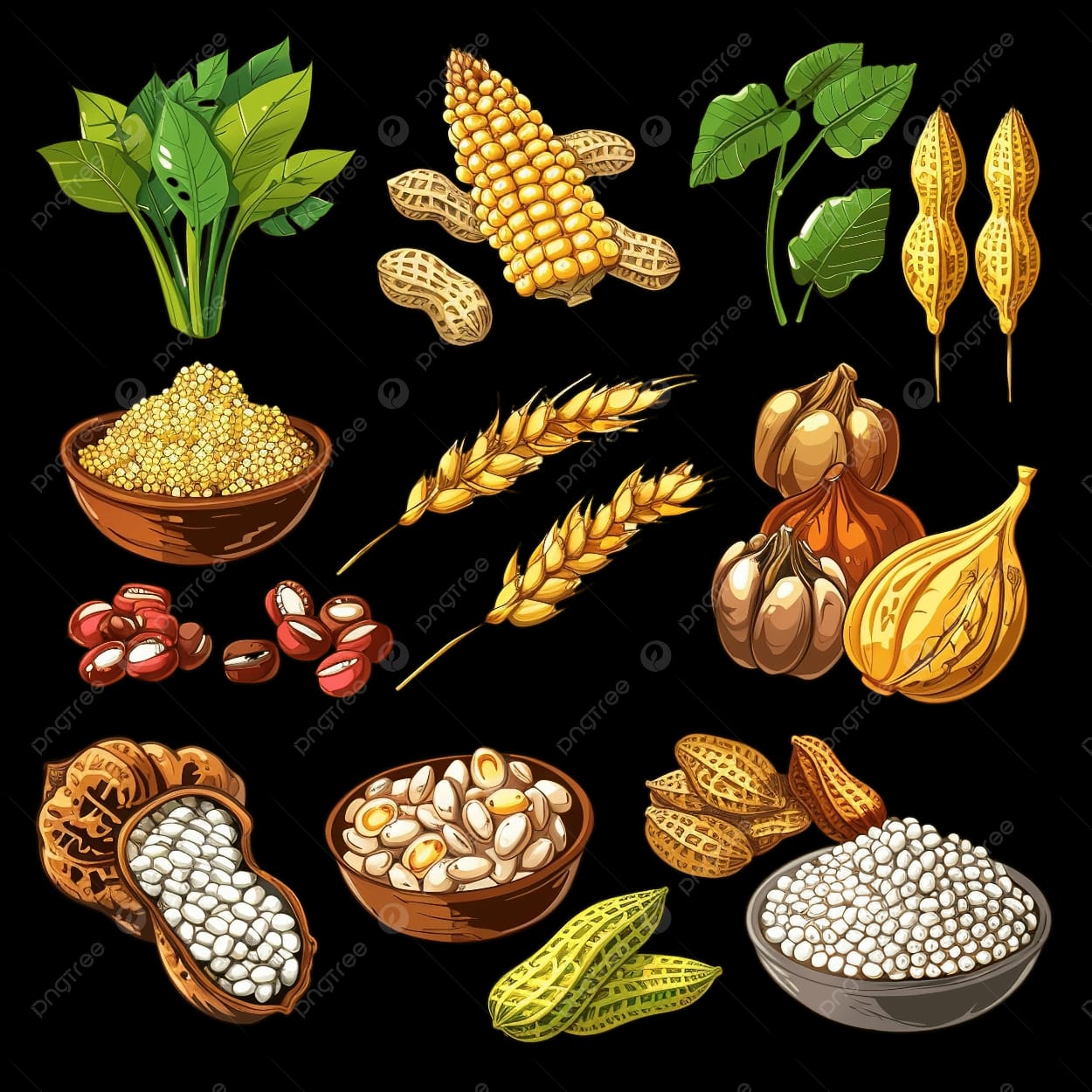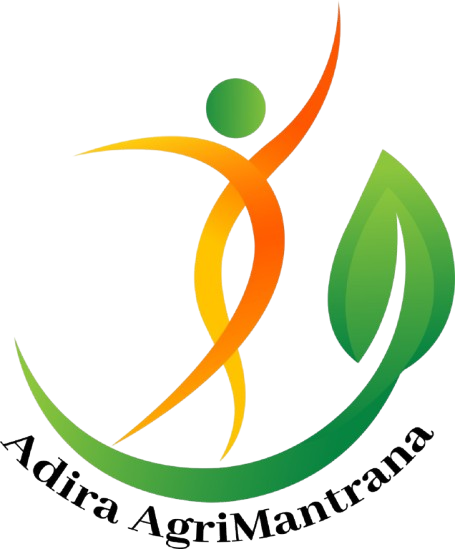Agricultural Value Chain Products and Solutions
AgriMantrana Research Based Consulting

AGRICULTURAL BUSINESS PROMOTIONS
Adira AgriMantrana provides agricultural business promotions which are essential for connecting farmers and agricultural businesses with their target markets, increasing sales, and building brand awareness.
Traditional Methods
- Print Advertising:
- Farm Publications: Advertising in magazines and newspapers that cater to farmers and the agricultural community.
- Direct Mail: Sending brochures or flyers to potential customers.
- Trade Shows and Events:
- Agricultural Fairs: Exhibiting products and services at local and regional agricultural fairs.
- Industry Conferences: Attending conferences to network with potential customers and partners.
- Networking:
- Building Relationships: Developing strong relationships with other farmers, distributors, and retailers.
- Joining Associations: Participating in agricultural associations to connect with industry peers.
Digital Marketing
- Website:
- Online Presence: Creating a professional website to showcase products and services.
- E-commerce: Setting up an online store to sell products directly to consumers.
- Social Media:
- Engaging Content: Sharing informative and engaging content on social media platforms.
- Targeted Advertising: Running targeted ads to reach specific demographics.
- Email Marketing:
- Newsletters: Sending regular newsletters to subscribers with updates and promotions.
Other Effective Strategies
- Content Marketing:
- Blog Posts: Writing blog posts about relevant topics to attract and educate potential customers.
- Case Studies: Showcasing success stories of how products or services have helped other farmers.
- Public Relations:
- Media Outreach: Reaching out to media outlets to get coverage for products or services.
- Press Releases: Issuing press releases about new products or company news.
- Partnerships:
- Collaborating: Partnering with other businesses in the agricultural industry to reach a wider audience.
- Cross-promotions: Promoting each other's products or services to respective customer bases.
Key Considerations
- Target Audience: Identifying the specific target audience for products or services.
- Budget: Determining a budget for marketing activities and allocating resources accordingly.
- Marketing Message: Crafting a clear and compelling marketing message that resonates with the target audience.
- Tracking and Measurement: Monitoring the effectiveness of marketing efforts and adjusting as needed.
By implementing a combination of these strategies improvised by Adira AgriMantrana, agricultural businesses can effectively promote their products and services, increase sales, and build a strong brand presence in the market.

DEMOGRAPHIC LANGUAGE WISE TRAINING BY TRAINED
Demographic language-wise training by trained trainers from Adira AgriMantrana on agriculture is a crucial approach to effectively disseminate agricultural knowledge and skills to diverse farming communities.
Why is Demographic Language-Wise Training Important?
- Accessibility: Farmers are more likely to understand and retain information when it is presented in their native language or a language they are comfortable with.
- Cultural Sensitivity: Trainers who understand the cultural context of the farming community can tailor their training methods and content to be more relevant and effective.
- Increased Participation: When training is offered in the local language, it encourages greater participation and interaction from farmers, leading to better learning outcomes.
- Empowerment: Farmers feel more empowered and confident when they can learn in their own language, leading to greater adoption of new techniques and practices.
What Does it Involve?
- Needs Assessment: We identify the specific agricultural needs and challenges of different demographic groups within the farming community.
- Trainer Selection: We have expert trainers who are proficient in the local languages and have a deep understanding of the cultural context.
- Curriculum Development: We develop training materials and curricula that are tailored to the specific needs of each demographic group and presented in their language.
- Training Delivery: We conduct hands-on training sessions in the local languages, using culturally appropriate methods and examples.
- Follow-up Support: We provide ongoing support and mentorship to farmers after the training, ensuring they can effectively implement the new knowledge and skills.
Benefits of Demographic Language-Wise Training
- Increased Adoption of Best Practices: Farmers are more likely to adopt new and improved agricultural practices when they understand them well.
- Improved Productivity and Yields: Effective training can lead to significant improvements in crop yields and livestock productivity.
- Enhanced Food Security: Increased agricultural production contributes to improved food security at the household and community levels.
- Sustainable Agriculture: Training can promote sustainable farming practices that protect the environment and conserve resources.
- Empowered Farming Communities: Farmers who have access to relevant training are more empowered to make informed decisions and improve their livelihoods.
Examples of Demographic Language-Wise Training
- Women Farmers: Training programs specifically designed for women farmers, addressing their unique needs and challenges.
- Young Farmers: Training that focuses on attracting and empowering young people to engage in agriculture.
- Marginalized Communities: Training programs that cater to the specific needs of marginalized communities, such as tribal or indigenous groups.
By investing in demographic language-wise training led by Adira AgriMantrana, governments, NGOs, and other organizations can ensure that agricultural knowledge and skills reach all segments of the farming community, leading to more inclusive and sustainable agricultural development.



